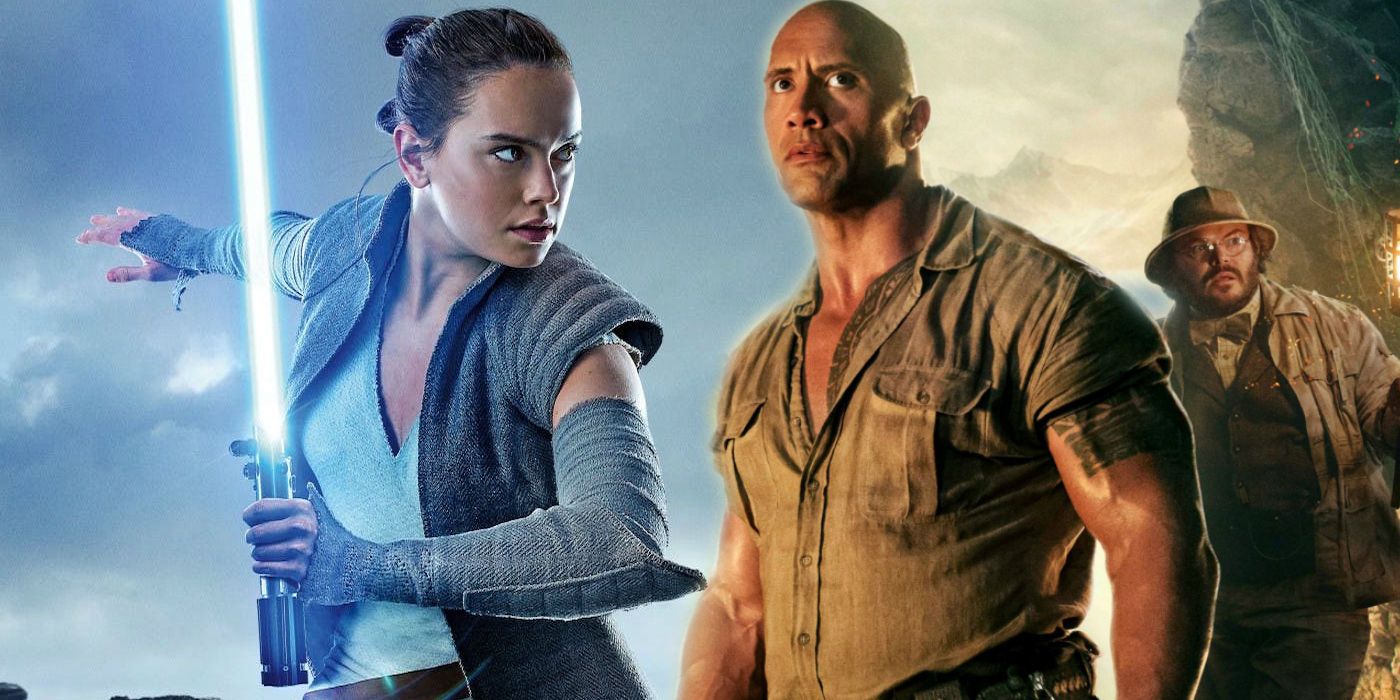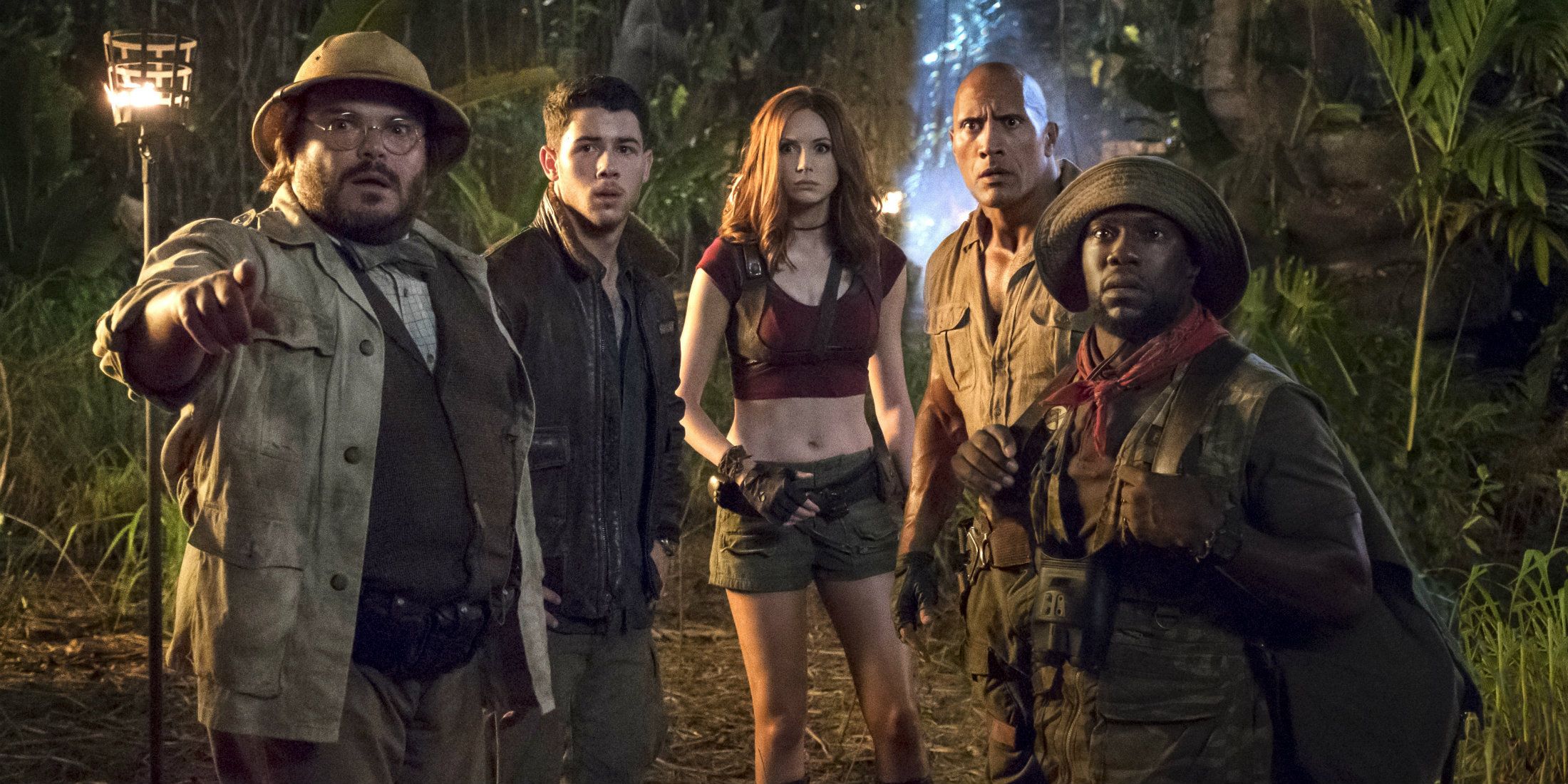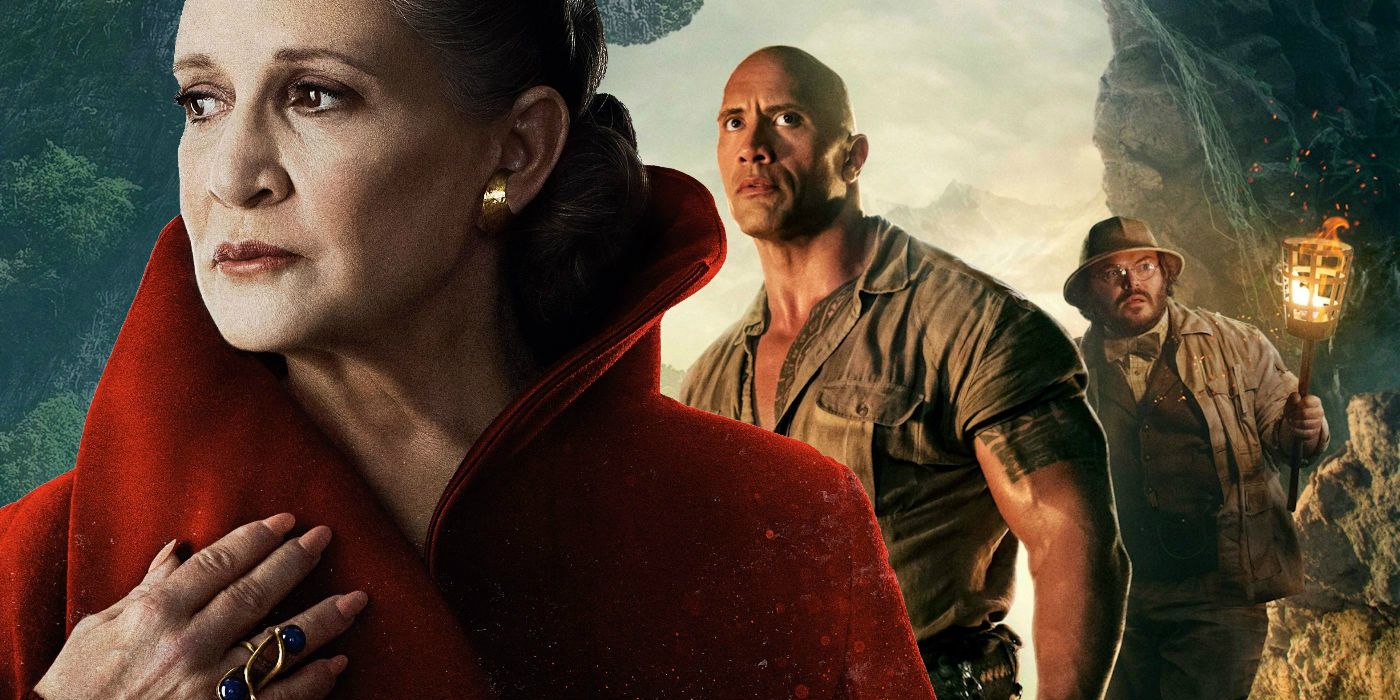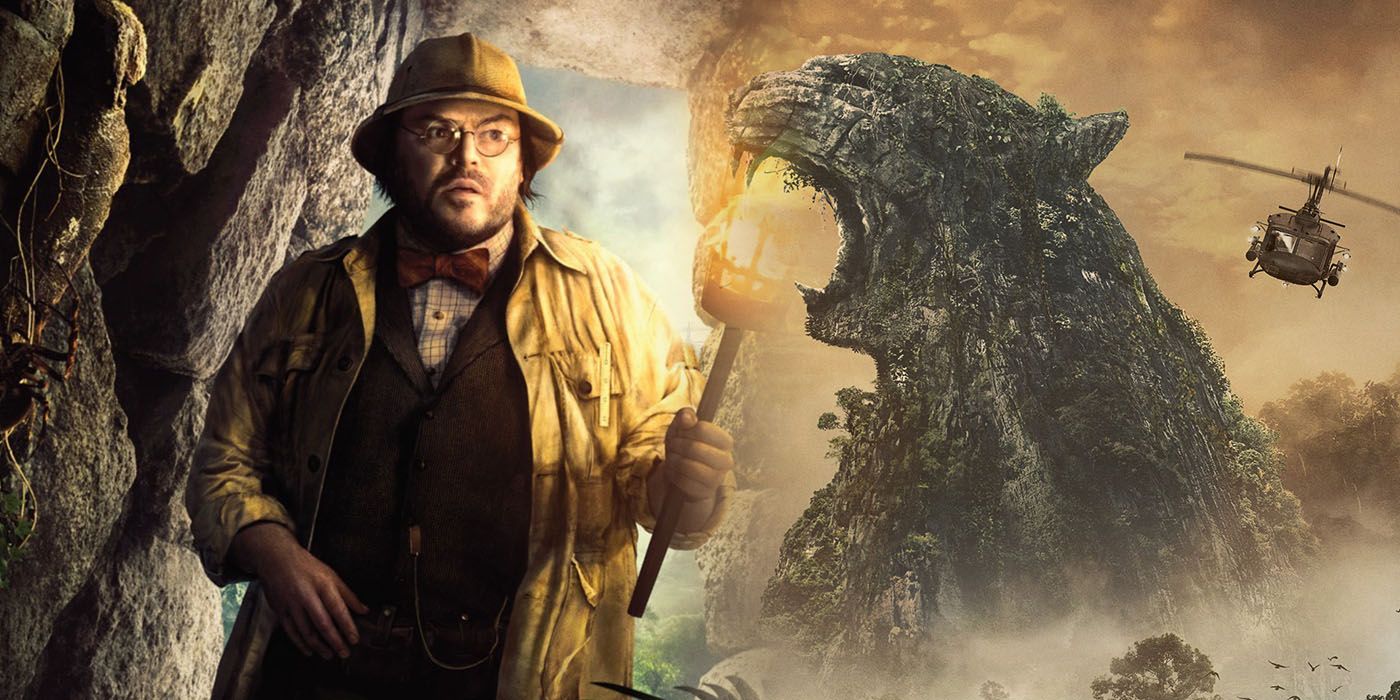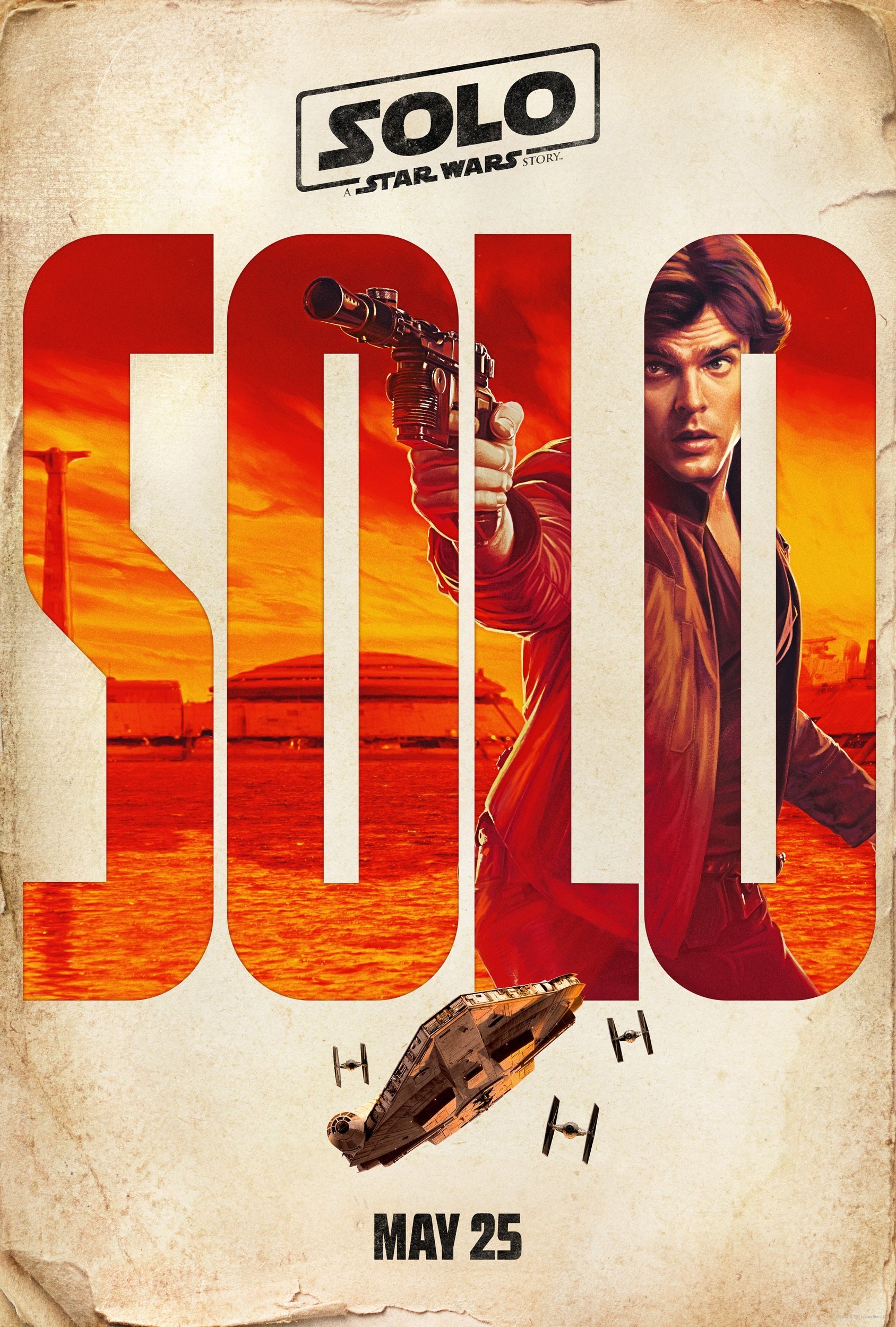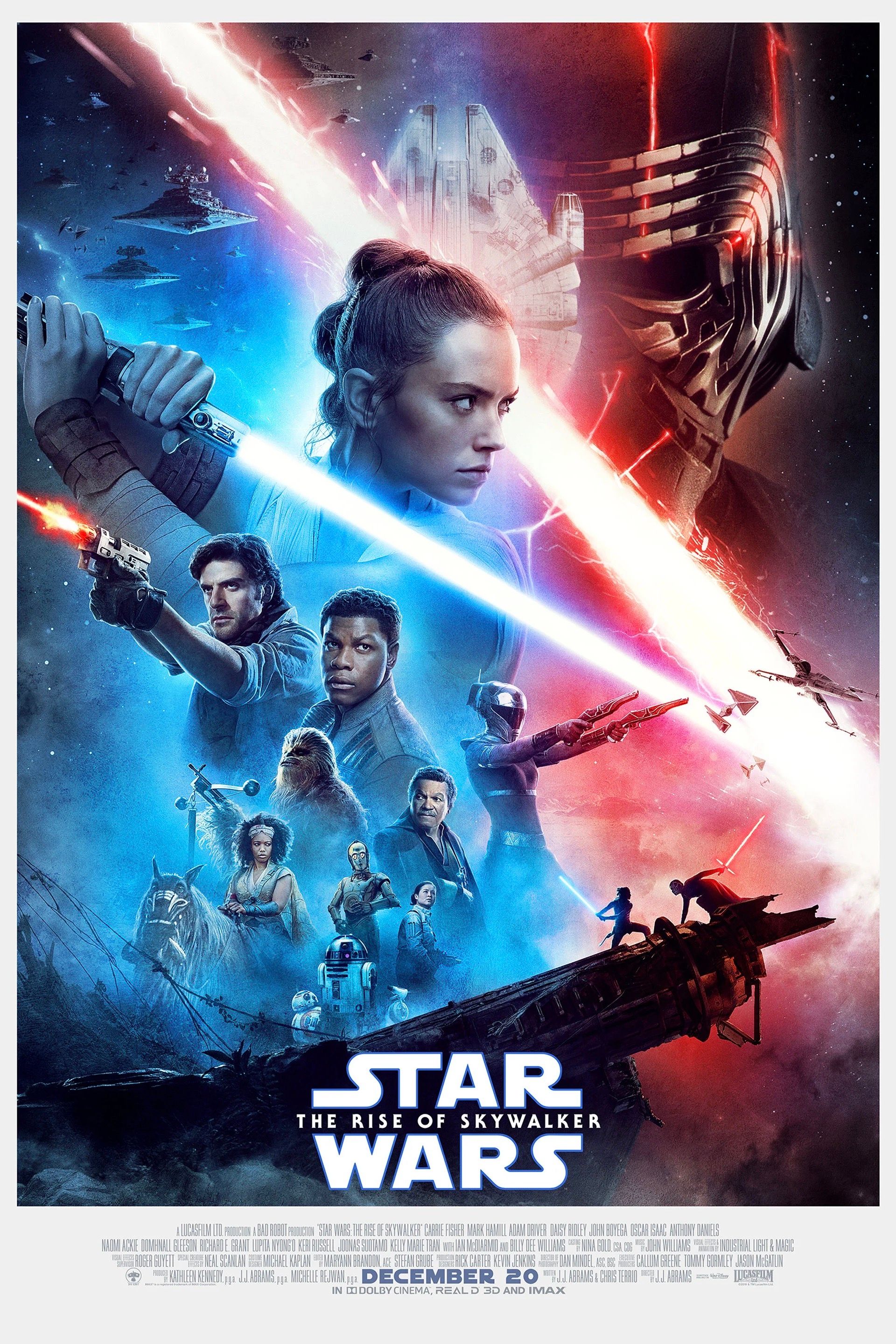Jumanji: Welcome to the Jungle opened one week after Rian Johnson's Star Wars: The Last Jedi, and against all the odds it emerged out of the packed holiday season a box office winner. The standalone sequel to Joe Johnston's 1995 fantasy comedy, Jumanji (itself based on Chris Van Allsburg's 1981 novel of the same name), had been in development for several years before Bad Teacher director Jake Kasdan came on board. Spider-Man: Homecoming's Chris McKenna and Erik Sommers, along with Gone in Sixty Seconds' Scott Rosenberg and LOST's Jeff Pinkner, penned the script that has earned widespread critical acclaim for its blending of comedic chops swashbuckling fun.
The long-awaited Jumanji sequel snagged second place at the box office (behind Star Wars) over its opening weekend with a gross of $36.17 million. However, whereas The Last Jedi ended up having the worst Friday-to-Friday drop-off in cinematic history, Jumanji's box office actually increased in the film's second weekend (New Year's), grossing $50 million. It finally managed to surpass The Last Jedi for the top spot at the domestic box office on New Year's Day, and it has held that position ever since (as of the time of this writing), even besting new releases such as Insidious: The Last Key and Paddington 2.
Related: Jumanji 2 Alternate Ending Revealed
All in all, Jumanji: Welcome to the Jungle has become an astounding box office success. So far, it has earned almost $700 million at the worldwide box office, of which $293.7 million was obtained at home. To put things into perspective, that's more than Justice League's total domestic haul (and it's still climbing). In fact, Jumanji 2 is on the verge of passing Sam Mendes' Skyfall ($304.3 million) to become Sony Pictures' highest-grossing, non-Spider-Man film ever at the domestic box office. It's quite an achievement for a standalone sequel to a movie that released over 20 years ago, and one that opened opposite a Star Wars film no less. The question is, how did it become so successful in the first place?
Why Was Jumanji 2 So Successful? (This Page)
Why Was Jumanji 2 So Successful At The Box Office?
Aside from being a sequel to a fan-favorite children's movie, Jumanji 2 had several draw factors that turned it into an indisputable success. Obviously, there are its stars: Dwayne Johnson, Karen Gillan, Kevin Hart, Jack Black, and Nick Jonas. Each brought their own, large fan bases to the table, especially Johnson, who's been identified as one of the most famous actors in the world. And the fact that Johnson and Hart have had successful collaborations in the past only propped up their team-up for Jumanji. This all draws people in and is bolstered by everything jiving well together in the film, not to mention their convincing embodiments of their high school counterparts (especially true of Black).
The other ace in Jumanji 2's hand is nostalgia. While '80s nostalgia seems to have peaked in recent years (see: Ghostbusters, RoboCop, Footloose), '90s nostalgia is still fresh and can become even more bankable as time goes on (and as we near the 2020s). Not to miss an opportunity, the film achieves this in two forms, with it obviously a soft reboot of a 1990s property but also evoking that era's video games.
But in the end, it all boils down to Jumanji 2 being fun. The legs on Welcome to the Jungle are heavily powered by strong word of mouth, and that comes from something with strong appeal. This is an action-comedy movie that deftly navigates teen angst and young love in a humorous way, yet also allows room for self-empowerment: a combination that can achieve wonders.
How Did Jumanji Beat Star Wars?
While The Last Jedi was undoubtedly successful, it couldn't capture quite the same box office magic as J.J. Abrams' The Force Awakens. Part of this is the fact that Star Wars' is now an annual event, meaning the initial tidal wave of hype has somewhat crested. That The Last Jedi was more divisive won't have helped matters, however; for all its showstopping moments, the mixed response translates to fewer repeat viewings. It's somewhat ironic that the elements that The Force Awakens was originally criticized for are what also encouraged people to return over and over.
Related: Jumanji: Welcome To The Jungle's Post-Credits Tease Explained
All of that played an integral role in hindering The Last Jedi's upward momentum at the box office, thus opening up space for competition to swoop in and thrive - and Jumanji: Welcome to the Jungle took advantage of that opportunity, providing a similar but perhaps more palatable experience. Add to that families who would initially plump to see Jumanji instead of Star Wars anyway, and you have a major box office movement.
Now, we're not saying Jumanji destroyed Star Wars - Episode VIII is the biggest film of 2018, after all. The fact is, though, that Episode VIII was once expected to cross $1.6 billion at the worldwide box office; now some analysts predict it won't even hit $1.5 billion, thanks in part to a sharp decline in viewership in China and the enormous success of Jumanji. As with any other industry, there's market share. And for the first time in years, Star Wars started losing some of its sizable chunk to another movie, one that offered audiences a different kind of family adventure.
What Does Jumanji's Success Prove?
Jumanji 2 going up against Star Wars was something that many people considered to be foolish. Why would a studio want to pit their mid-budgeted movie opposite the biggest franchise in cinematic history? But, as it turns out, Sony Pictures' risk paid off big-time. And it goes to show that as long as movies are decent and offer something special, they can still achieve success no matter what the competition may be; counter-programming can - and will - work in the right circumstances.
This isn't news. Take a look at The Dark Knight and Mamma Mia in 2008. Christopher Nolan's Batman Begins sequel became the most successful comic book movie ever made for its time, both critically and commercially, becoming the first superhero film to gross more than $1 billion globally. But the DC film's success didn't prevent Phyllida Lloyd's ABBA musical movie adaptation from also nabbing big bucks at the box office. The movie opened the same weekend as The Dark Knight and still it went on to gross almost $610 million worldwide. That's quite an achievement, and it proves that counter-programming is always effective so long as the products themselves are worthwhile. That also means that release dates for movies such Avatar 2 and Wonder Woman 2 may not always need to be adjusted around Star Wars. If Jumanji can outperform in the same release frame as a Star Wars movie, so can they.
Related: Can Avatar 2 Smash the Box Office in a Post-Marvel World?
Jumanji: Welcome to the Jungle may not have broken any major records, but it went against all odds and came out on top. Plus, there's something poetic about Kasdan's film going up against Star Wars and standing its ground. The future of Star Wars is unclear, but you can definitely bet on Jumanji 3.
Next: Will Disney Really End The Star Wars Saga After Episode 9?

